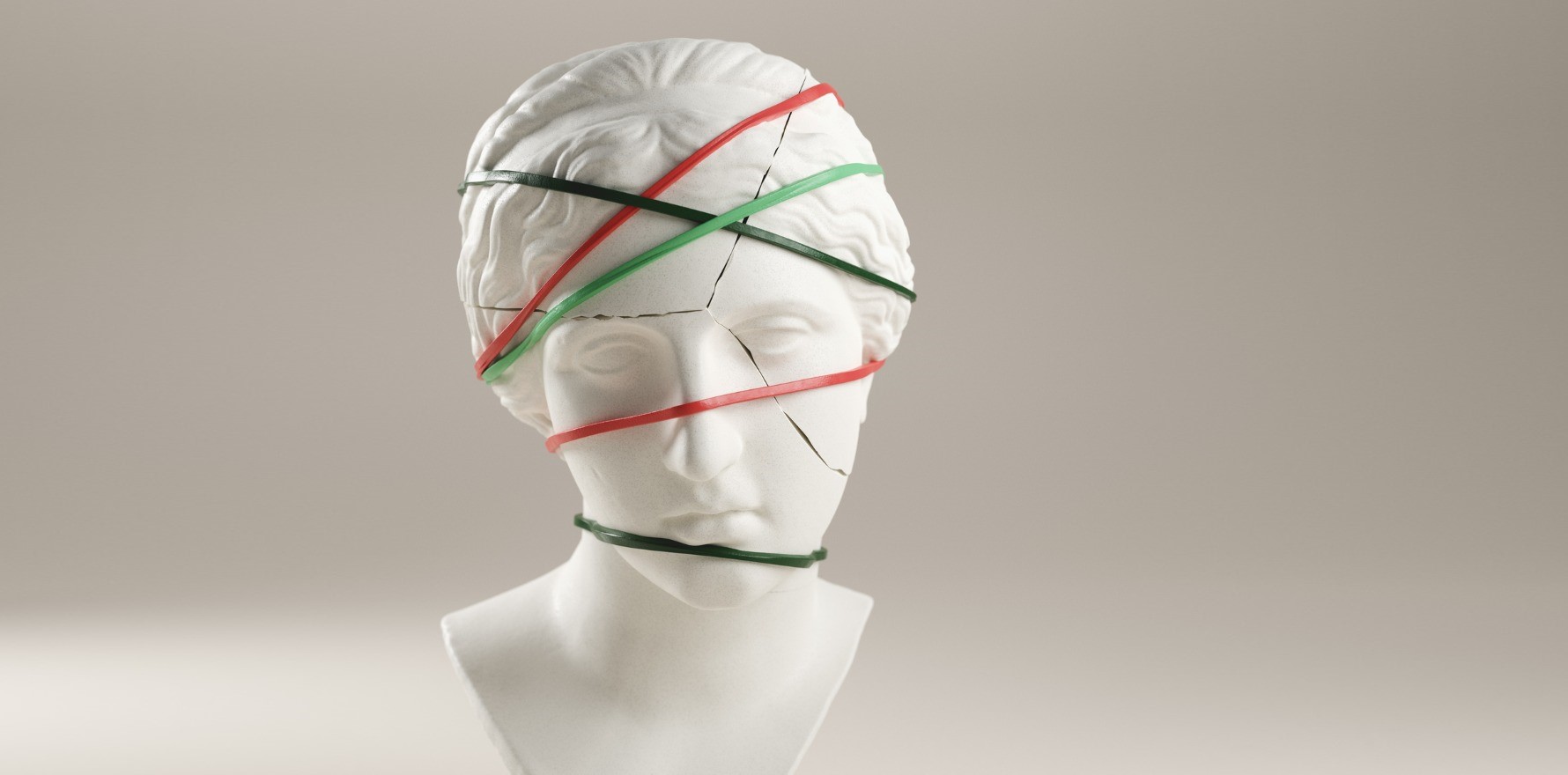A leading GP says the imminent walkout by 203 of NSW’s 295 public health psychiatrists is ‘considered’ and deserving of kudos.
Thirty percent of psychiatrist positions unfilled. Caseloads extreme. The lowest per capita mental health spend of any state. Under-resourcing to the point of being unable to provide care.
The NSW public psychiatry crisis is so NOT about the money doctors are, or are not, being paid.
So say some of the 203 NSW Health psychiatrists who are prepared to quit come 21 January, leaving just 92 colleagues to soldier on.
Associate Professor Louise Stone, a GP, medical educator and advocate for doctors’ wellbeing, said on LinkedIn that the NSW government was missing the point.
“It takes a lot to get any doctor to walk away from their patients,” wrote Professor Stone.
“What is being missed here is what systemic disrespect and overwhelm does to a person who has dedicated their working lives to help people.
“These psychiatrists have given 14 years to train and have continued to donate their time and energy to a system that is broken.
“To an extent, you can make up those gaps with compassion. But there comes a time when nothing you can give will prop up the system and you are simply drained dry,” she wrote.
“It’s never ‘just’ about the money.
“This mass resignation is demonstrating that we doctors cannot protect our patients from systemic harms, and being in a system like that means we are going to get hurt too.
“Sooner or later, we will be held responsible for the preventable harms to a patient and the wrath of the coroner, the Medical Board and the managers who underfunded and understaffed the areas in which we work will be merciless.
“The psychiatrists should not have to bear the brunt of bad policy decisions.
“This [mass resignation] is ethical, considered and very, very brave. Kudos to all of you. As a GP I see why you need to do this, how painful it is and how bad the situation must be.”
Related
While state health minister Ryan Park and department secretary Susan Pearce were busy spinning salary numbers – saying the average pay for the public system psychiatrists was around $400,000 and the doctors were asking for pay rises of $90,000 per year – the doctors themselves are starting to talk.
Writing in the Sydney Morning Herald, Dr Pramudie Gunaratne, a Sydney-based public system psychiatrist, said as much as the politicians wanted the public to see the crisis as a pay dispute, the reality was about a broken system breaking doctors.
“Even when people are accepted into care, the system is so under-resourced that clinicians cannot provide the standard of care that they are trained to give,” wrote Dr Gunaratne.
“This is why I needed to leave a broken system, before it broke me.
“The truth is that there is no shortage of work in psychiatry. If these psychiatrists were simply interested in increasing their income, there are myriad options available to them.
“These doctors could easily step into the private sector, take a locum position in their own hospital or move interstate.
“Instead, public psychiatrists choose this work so they can care for some of the most marginalised people in our society and for people with the most severe and chronic mental illnesses.
“These psychiatrists are resigning in despair. They can no longer provide the care their patients need, and the future of public mental health care in NSW is under threat as the working conditions and uncompetitive remuneration make it impossible to recruit junior psychiatrists,” she wrote.
Child and adolescent psychiatrist Dr James Lawlor told The Australian that he didn’t want to resign, but felt if he stayed his work would continue to be devalued as he was “spread thinner and thinner”.
“I’ll eventually be propping up a system that doesn’t work and doesn’t help anyone,” he said.
“I think if this dispute was about pay, there would be no staff specialist psychiatrists in NSW.
“Every staff specialist psychiatrist is working in the public system because they want to help people, and the ones who have resigned, most of them want to remain there. I don’t want to resign.
“I feel sure enough myself that wherever I work, I’ll make sure that I see children and families that need the help most,” he said.
“There are many ways that psychiatrists will keep helping their patients, whatever happens. I feel very confident of that.”





